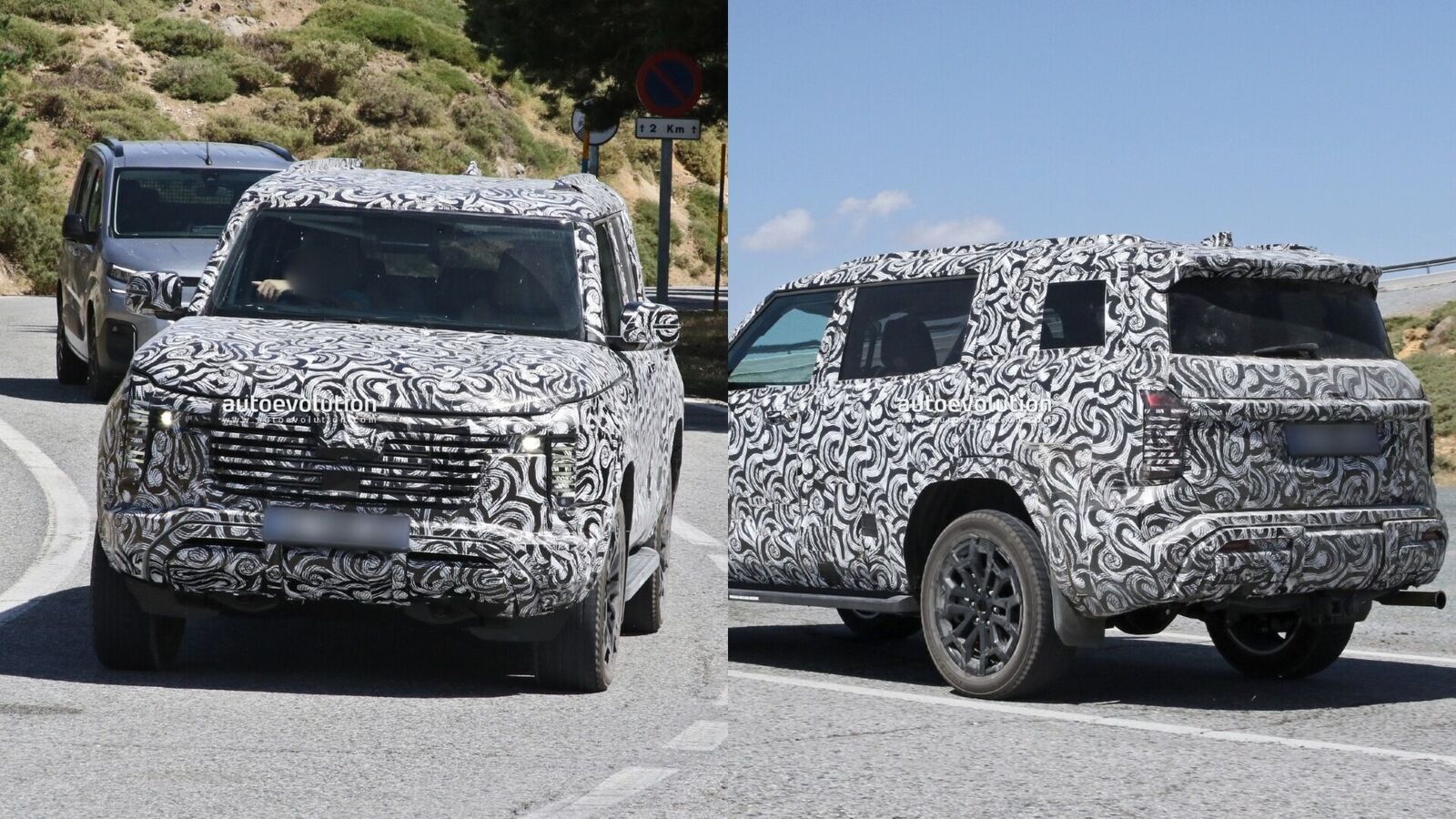Today’s manufacturing environments are so complex that for their safety, they must be regarded as ‘critical infrastructure.’ That’s the word coming in from Alex Nehmy, Field Chief Security officer, critical industries, India and Asia Pacific and Japan, Palo Alto Networks, as he urges industries to have ‘enhanced cyber security obligations’ put on them to have better cyber security ‘posture’.
(Security posture refers to an organisation’s overall cybersecurity strength and how well it can predict, prevent, and respond to ever-changing cyber threats.)
Talking about the changing industrial landscape, Nehmy said that much has changed in the last decade. “What has happened in the past ten years is a really strong investment in automation and IoT within the manufacturing space. This means that manufacturing environments are highly connected to IT and the cloud. So, they have got this expanded attack surface and are prone to facing cyber security challenges never faced before, and this is a huge risk to industrial environments.”
Resilience in industrial environments
In terms of addressing the cyber risks and making sure there is resilience within the industrial environments, he recommends a ‘zero trust approach to cyber security, on ‘crown jewels’ or the highest risk ecosystems, which are generally the manufacturing control system in the automotive environment.
“Zero trust means removing implicit trust, which means that everyone does not automatically get access to critical systems.” Access is restricted to only people, applications and data systems that need it. Essentially, inspecting all of the network flows and making sure that not only are they are valid from a business point of view, but they are also safe from a cybersecurity point of view.
Nehmy further explains that it is no longer enough for organisations to say our cyber security is good enough. They are also saying other’s cybersecurity also needs to be up to the mark, for projects that are ‘mission critical’ to the organisation. Seeing responsibility for cyber security flow down that supply chain.”
Palo Alto Networks just released its 2023 ransomware report and they identified that the manufacturing sector is the number one most targeted sector globally, for ransomware and extortion.
“Manufacturers are seen as a soft target. This legacy equipment is now over-exposed so we have operational technology equipment which was not built with cyber security in mind and can’t be protected with a lot of the traditional methods. That is why we recommend putting this highly critical infrastructure into our network zones and protecting them with a zero-trust approach.”
Detection of incidents
In terms of cyber security, the detection of incidents is a key part of cyber security and this really comes down to processing big data in real time, to identify that one little bit of data to indicate if an incident has occurred. So really, it’s a data scale and data processing problem in cyber security, and AI is looking to solve this by processing this data in real time and identifying those issues that may indicate that a cyber security incident has taken place. The scale and scope of data that we are seeing in cyber security at the moment, means it’s too much for humans to process. We’re seeing that an incident occurs and maybe we are seeing that it is being identified only months – 6 months later and investigation is taking even longer than that. So we need to move at the speed of data and AI is going to allow us to do that in cyber security.
AI revolutionising car manufacturing
Seeing AI revolutionise car manufacturing to the point where manufacturers are now using IoT and ‘digital twins’ (a digital replica of the manufacturing line), he explains that artificial intelligence (AI) is being used to understand how the manufacturing process is shaping up and make decisions in real time which affects how the manufacturing process runs and how it needs to be faster or different.
“We are seeing AI and the capabilities that it brings, drive a lot of the advanced capabilities for electric vehicles. We are seeing all our manufacturers using AI, machine and deep learning algorithms to work on functions of their autonomous vehicles that they continue to develop.”
They are using AI to do image recognition, using stop signs and street signs so cars can drive safely. “AI will ‘absolutely’ permeate every aspect of the tech sector, while enabling some of the really advanced capabilities of smart cars. AI is going to be absolutely integral to that.
In terms of safety capabilities for smart cars, AI is developing these capabilities that will be more capable and attentive than a human driver. “A lot of the studies done have shown that if AI is working to its full capabilities, it can see 360 degrees around the car, and process that real time video in almost real time, and identify if there are hazards. Eg. Auto brakes before peole put their foot on the brakes. AI will have real time capability to monitor the road and also the driver.
It is beginning to ‘creep’ into the safety features of cars and we will really see it accelerate over the years, he said.
For automakers, cybersecurity is about ensuring safety and trust in their products and to do that, they need to make sure that they have the highest levels of cyber security built into everything that they do. It really needs to be built into the culture of the company.
Automakers have gone from primarily manufacturers to manufacturers and service providers. They are now selling a car and offering those ongoing services that are cloud based. So this is a huge digital transformation for manufacturers and the way they run their businesses. So we are seeing smart cars have a really broad tech service.
Automakers have to secure the network for connectivity of the cars, secure application talking to car in real time and cloud based systems that are handling real time communication and they also have to secure firmware and software updates that they are delivering to cars.
Cars have really transformed from simple devices to highly digital robotic systems, where the rules of technology and cyber security have completely changed, Nehmy added.
While automakers compete on prices and capabilities, cyber security is one area where automakers will come together and ensure that everything is as secure as can be.
A key differentiator will be the services that we are seeing in cars. Much like music and video streaming services that have used AI for years to know what you want to listen to, we will see personalised infotainment within cars and that will be driven by AI.
AI will change the game from manufacturing to services, but also from a cyber security perspective, AI helps us process massive data in real time and connected cars talk to cloud, and essentially talking to infra. We will see AI enable that data to be processed in real time and identify anomalies that indicate misuse or a cyber security incident that is occurring. So AI will help secure the cars as they are operating just like it will help secure them as they are being manufactured, Nehmy noted.




